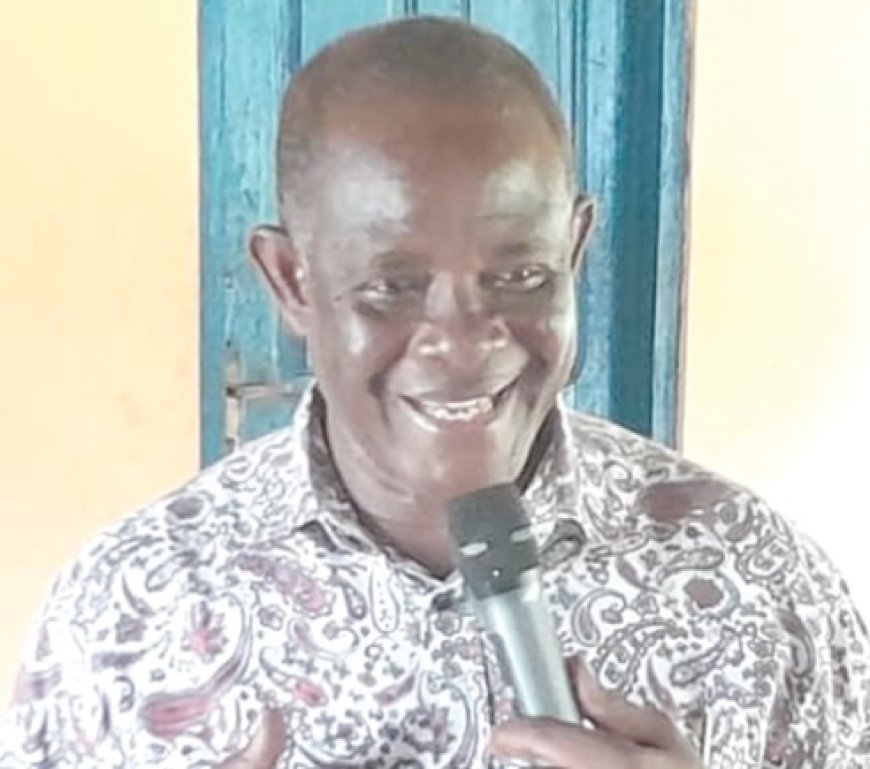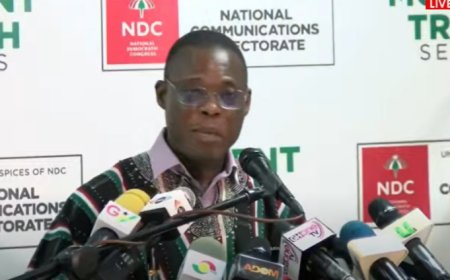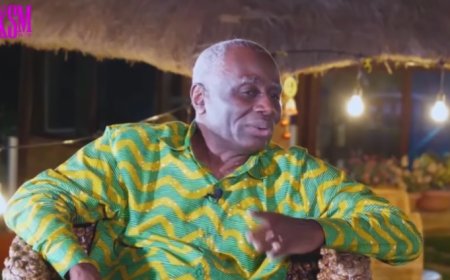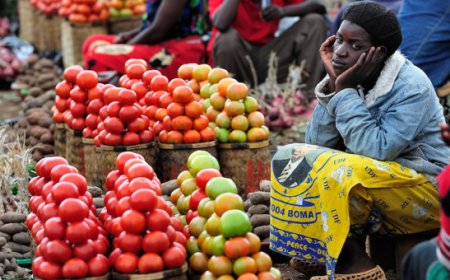GH¢4.28 Million Project Launched to Enhance Maternal and Child Nutrition in Eastern Region
GH¢4.28 million project launched in the Eastern Region of Ghana to improve the nutrition of mothers and children under five years old. Discover how the initiative integrates nutrition education, agricultural advancements, and sanitation initiatives to foster healthier futures for vulnerable communities.

A project aimed at bolstering the nutrition of mothers and children under five years old has commenced in Dwerebease, located in the Kwahu East District of the Eastern Region. With a budget of GH¢4.28 million, the initiative is spearheaded by the Hunger Project Ghana, generously funded by the Church of Jesus Christ of Latter Day Saints.
Targeted Communities
The project, slated to run for one year, extends its benefits not only to Dwerebease but also to neighboring communities within the Kwahu South Municipality. These areas, primarily inhabited by peasant farmers, often grapple with limited resources for sustaining optimal diets, particularly among vulnerable groups such as pregnant and lactating women, as well as young children.
Project Components
The endeavor encompasses three key components: nutrition, agriculture, and Water, Sanitation, and Hygiene (WASH). To address nutritional deficiencies, the project will provide periodic food supplements, including essential nutrients like folic acid and vitamin 'A', crucial for enhancing the iron content in the diets of pregnant and lactating women and children under five.
Agricultural Advancements
In tandem with nutritional interventions, the project emphasizes agricultural development. A demonstration farm will be established to showcase best practices in crop cultivation, focusing on staples such as maize and various vegetables. Local farmers will receive training and guidance to optimize agricultural output, ensuring sustainable food production within the communities.
Community Engagement
A stakeholder meeting held at Dwerebease marked the official commencement of the project, drawing participation from key stakeholders, including local authorities, community leaders, and project officials. Samuel Afrane, the Country Director of the Hunger Project Ghana, underscored the multifaceted approach of the initiative, highlighting its potential to catalyze positive change in addressing malnutrition and promoting food security.
Future Prospects
As the project gains momentum, its impact is poised to extend beyond immediate beneficiaries, fostering resilience and self-sufficiency within the targeted communities. By integrating nutrition education, agricultural advancements, and sanitation initiatives, the endeavor aspires to uplift livelihoods and cultivate healthier futures for mothers and children in the Eastern Region.
In the pursuit of sustainable development, collaborative efforts such as these underscore the collective commitment to fostering holistic well-being and prosperity for all.
What's Your Reaction?






































































